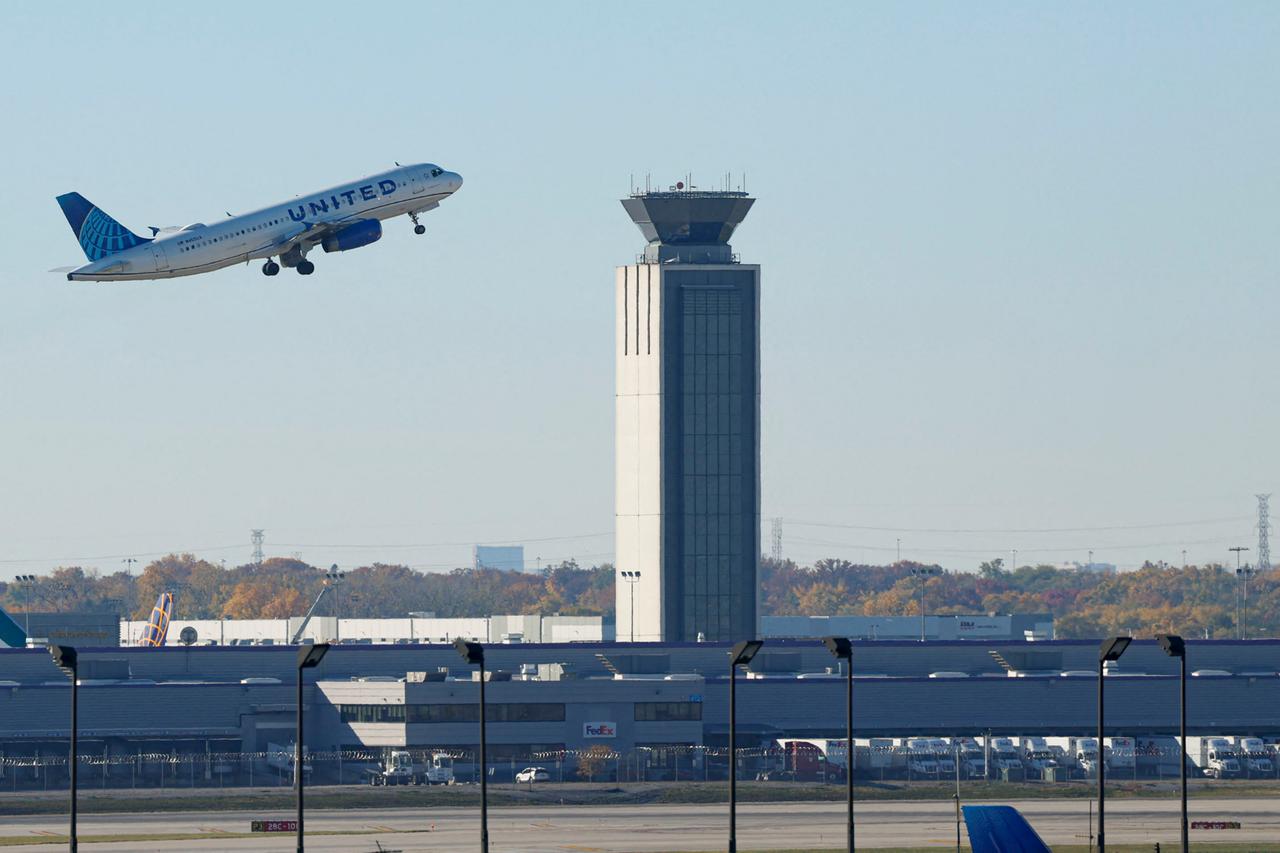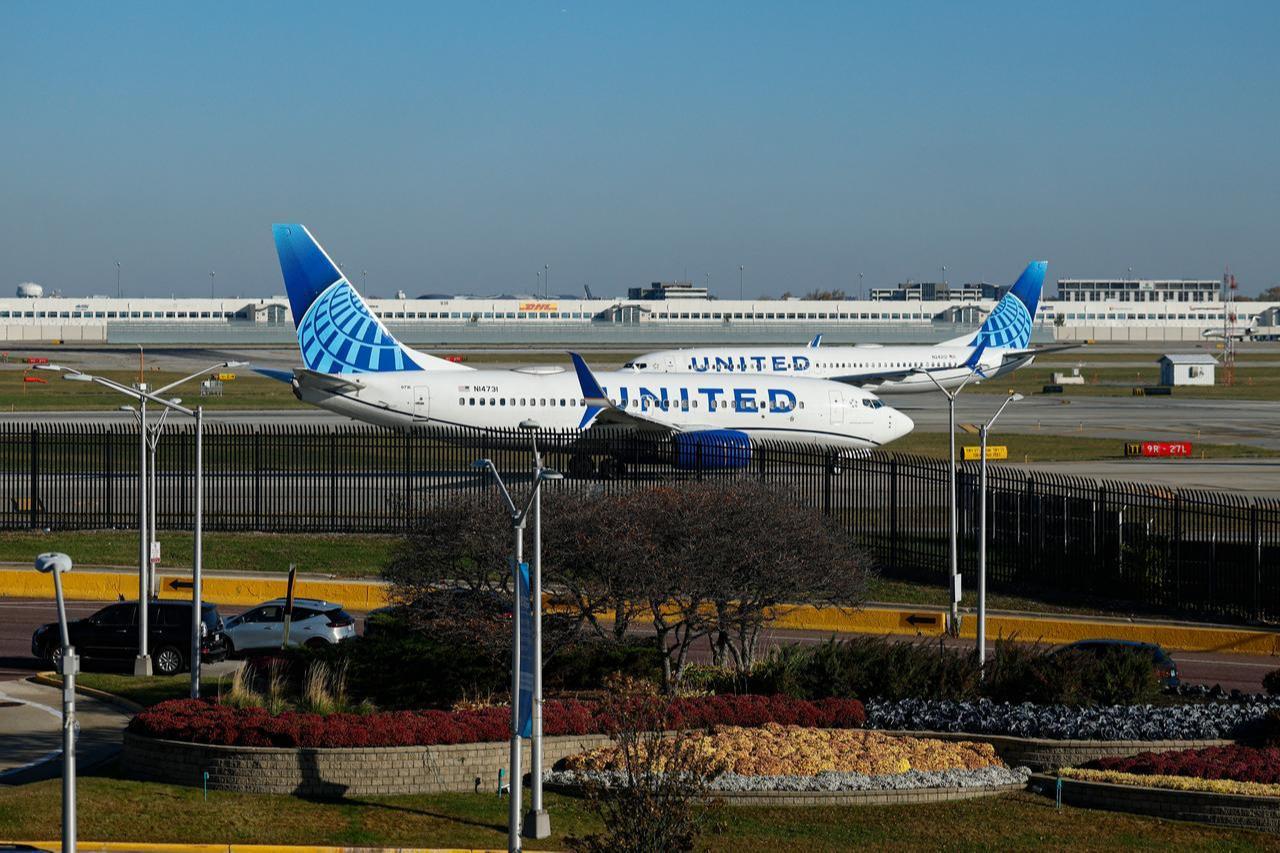
U.S. flights could be reduced by as much as 20% if the ongoing federal government shutdown continues, Transportation Secretary Sean Duffy said Friday, as air travel disruption spreads across the country amid worsening staff shortages.
Speaking to Fox News, Duffy said an initial 10% reduction in flights will be implemented in the coming week based on safety assessments by the Federal Aviation Administration (FAA).
"If this shutdown doesn’t end relatively soon, the consequence is that more controllers won’t come to work, and we’ll have to reassess pressure in the airspace," he warned, adding that cuts could escalate from 10% to 15% and even 20%.
Over 1,000 flights were canceled nationwide on Friday after the Trump administration ordered schedule reductions to ease the strain on unpaid air traffic controllers. Forty airports—including major hubs in Atlanta, Newark, Denver, Chicago, Houston, and Los Angeles—were slated for cutbacks, according to the FAA.
At Reagan National Airport in Washington, D.C., average delays reached four hours, while passengers in Phoenix waited 90 minutes, and those in Chicago and San Francisco faced roughly one-hour delays. American Airlines said it had canceled around 220 flights per day, Delta Air Lines about 170, and Southwest Airlines roughly 100.
The disruptions are hitting travelers as the country heads into its busiest holiday travel period, just weeks before Thanksgiving. "This will get serious if things drag on to Thanksgiving," a passenger told AFP at New York’s LaGuardia Airport.
The shutdown, which began on Oct. 1, has left thousands of federal employees—including FAA controllers and Transportation Security Administration (TSA) officers—working without pay.
Many are calling in sick or taking secondary jobs to cope. "Air traffic controllers aren’t being paid and are being forced to take secondary jobs again, whether it’s waiting tables or driving Uber instead of coming to towers," Duffy said.
Even if the government reopens soon, he cautioned that it could take days for staff to return and airlines to restore full flight schedules. "It can be days, if not a week, before we get back to full-force flights," he added.

The shutdown, now in its 38th day, has become the longest in U.S. history, surpassing the 35-day record from 2018–2019.
The Senate rejected a House-passed Republican funding bill for the 14th time earlier this week, leaving no clear resolution as Republicans and Democrats remain locked in a standoff over healthcare spending and budget allocations.
Duffy blamed the opposition for prolonging the crisis, urging lawmakers to "end the shutdown and let Congress debate their issues," adding that "We shouldn’t hold the American people and air travelers hostage." President Donald Trump also called on senators to remain in Washington until a deal is reached.
Despite widespread delays and cancellations, the FAA and administration officials have maintained that air travel remains safe. "It’s safe to fly today, tomorrow, and the day after because of the proactive actions we are taking," Duffy said in a social media post Thursday.
However, as tensions between Congress and the White House persist, both passengers and aviation workers brace for more turbulence in the days ahead.